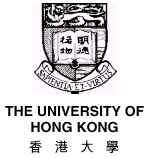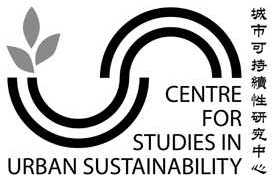Urban Development in Hong Kong Hong Kong’s development continues at a fast pace. Tung Chee Hwa, SAR Chief Executive, highlighted the issues of urban renewal and demands for housing in October 1997. New infrastructure projects and massive residential developments are needed to accommodate a population that will exceed 8 million by the year 2011. The Government’s Long Term Housing Strategy issued in February 1998 in answer to statements made by the Chief Executive’s in his 1998 policy address outlined the government’s concerns and promoted the access of all households to adequate and affordable housing. There is an important link between urban planning and sustainability. International comparative studies within the region and an evaluation of the transferability of western planning/sustainability models to Asia needs to be carefully analysed. Asia is faced with unique conditions and these must be taken into account . Several projects on the link between planning and urban sustainability are presently being undertaken at the University. One project aims to examine local sustainable development practice in Hong Kong and Shenzhen. The September newsletter will examine more details on this research. Sustainable housing development and the overall environmental sustainability of the existing housing system of Hong Kong is also under scrutiny . Creating a New Urban Renewal Framework for a Land Hungry City. This paper, produced for the Real Estate Developers Association in Hong Kong by the Centre for Real Estate and Urban Economics, was published in 1998 and examines the issues surrounding urban renewal in Hong Kong. Hong Kong has one of the highest population densities in the world; there are 361 people per hectare of land. This contrasts sharply to the figures for Washington D.C. in USA which stands at 21 per hectare. The population is unevenly spread, two thirds of the population lives within a 10 km radius, and further growth of urban areas is affected by topology and planning policy. The paper concludes that development in Hong Kong is held back as a result of insufficient legal powers concerning land assembly and the resulting fragmented ownership of buildings. It goes on to suggest ways solutions to this problem. The paper anticipates the LDC’s upgrade to a statutory Urban Renewal Authority and looks in detail at the issues surrounding the 1996 Town Planning Bill. |
|

